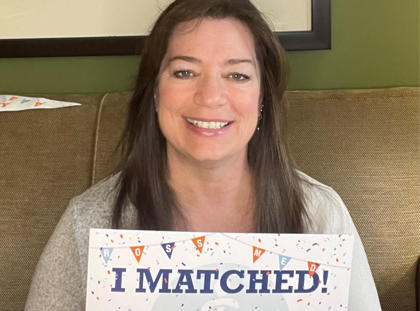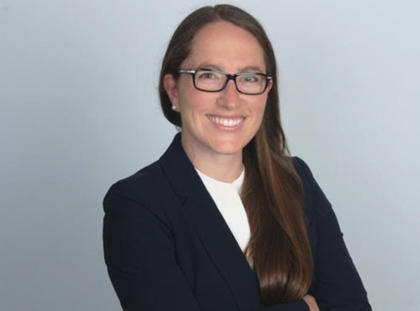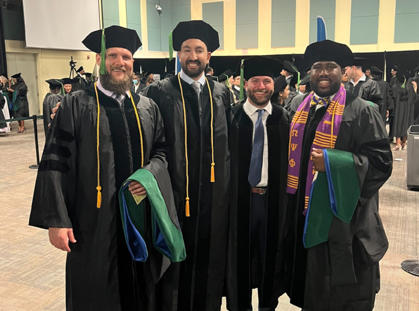Securing a spot in such a hyper-competitive specialty is no mean feat in any year, and 2018 was no exception. According to the American Urological Association, a record 133 U.S. accredited training programs registered for the 2018 Urology Match, with nearly 440 applicants vying for 325 positions across the country.
For Maruf, the news that he had securing a position was that much sweeter because it was his second time entering the Match.
“To match in a urology program [was] just unbelievable,” he said. “I already have research project ideas I want to pursue and have identified mentors and begun talking to them about new project ideas, so [I’m] quite excited.”
When asked what his thoughts were on not matching the first time around, Maruf explained, “It’s a challenge for anyone who wants to go into one of these hyper-competitive specialties. It’s hard to identify if there was any difference the second time around; there were certainly more interviews, but at the end of the day it’s all about preparation.”
And prepared he has. Maruf has spent the last three years since graduating from RUSM doing clinical outcomes-based urological research in oncology and pediatrics at the National Institutes of Health (NIH) and John’s Hopkins, respectively.
Maruf noted that both positions have been valuable learning experiences that have allowed him to engage in the very thing that attracted him to medicine in the first place – mentoring other medical students.
“Medicine is one of the few opportunities where you get a chance to help the next generation who are also pursuing medicine. It ends up almost being cyclical. That was one of the main things that appealed to me – not just the ability to help one person but [the ability to] teach as well and have that impact. I think that plays a huge role in showing you the potential of medicine as a field,” he said.
It was actually through research that Maruf found RUSM. The route he took to medical school was somewhat circuitous, he noted, given that when he was an undergraduate he wasn’t sure exactly what his future role in the medial field would be – just that he would be part of it in some capacity.
Once Maruf decided to become a physician, it took him some time to build up his candidacy. But he worked hard and RUSM, he noted, recognized his potential.
Once at RUSM, he came to have a deep appreciation for the organ systems-based curriculum.
“One of the things I appreciated most was the early introduction to clinical sciences – meeting patients even in our first semester,” he explained. “Instead of memorizing dry facts, I felt I had an actual understanding. One day I’m learning about the anatomy of a certain system and the next the physiology of it or the biochemistry of it, and the all ended up fitting together. The systems-based approach was very helpful.”
As it turned out, Maruf’s path to urology was nearly as circuitous as his route to medical school.
“My dad is a urologist, and it’s funny because that is the field I ultimately went into, but when I first started medical school I had almost decidedly thought that I did not want to go into urology. But after I did one rotation in urology, that was the beginning of the end for me,” he said.
When asked what appealed to him most about urology and why he decided to pursue it, Murof explained, “Urology is a unique field in that it is a surgical field, but it is also a field where the urologist is the person who ends up taking care of that patient for life, because as a urologist you are the physician for that disease process. So I liked that mix of both surgery and medicine. Part of it may [also] have been subliminal; my dad really enjoys his job and finds a lot of satisfaction in what he does. That may have played a big role [in] what I ultimately decided to pursue.”
Looking back, Murof noted that his fondest memories of RUSM are of times spent with fellow students, building each other up in their common pursuit of becoming physicians.
“Medical school is a really trying time,” he said. “No matter where you are or what school, it’s hard, and having good people to help you out, study with you, [and] pick you up when you’re down…. You would think I would remember how difficult medical school was, and I really just remember a lot of the good times making some good friends [who] I keep in touch with almost on a daily basis.”
He continued, “Ross gave me the opportunity to pursue medicine and I took that and pursued opportunities in urology and ended up having an opportunity in the field that I want to go into. So, if I had to sum it up (RUSM) in one word, I would say opportunity.”



